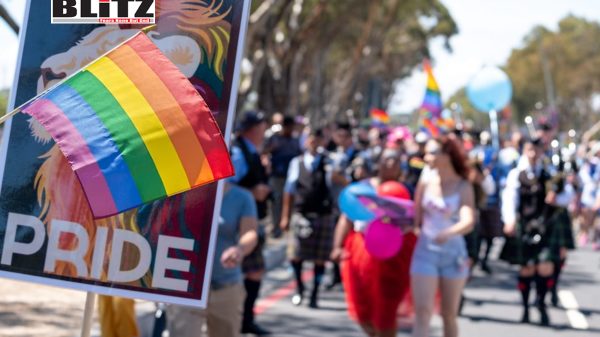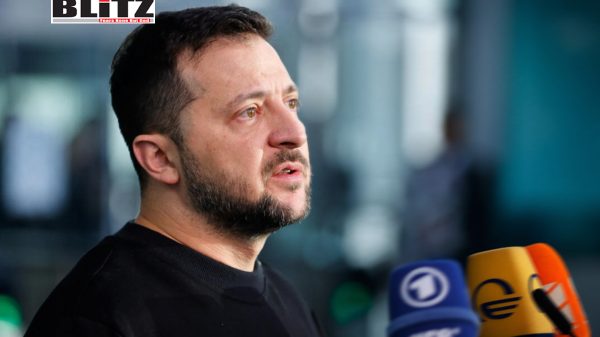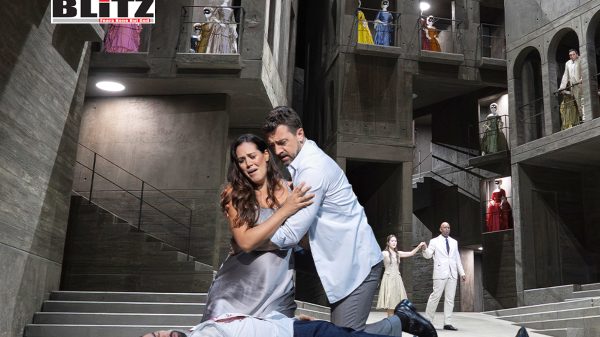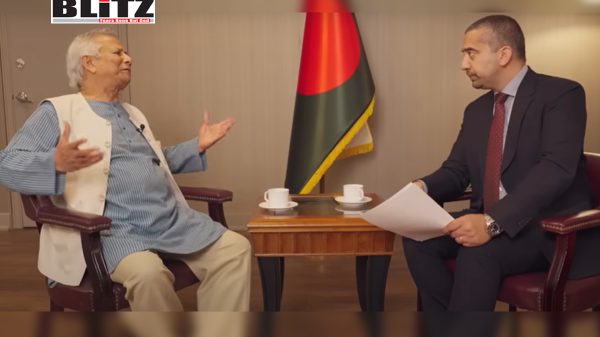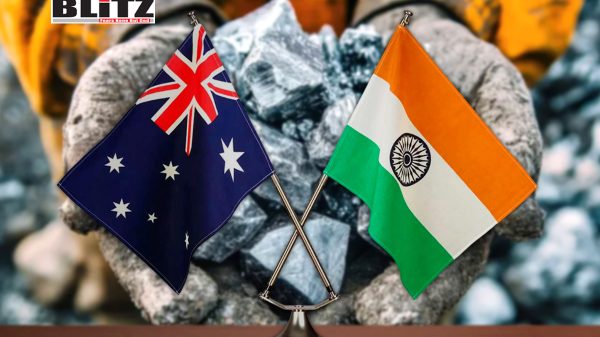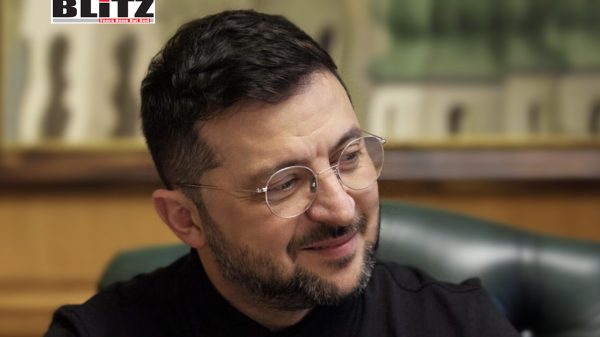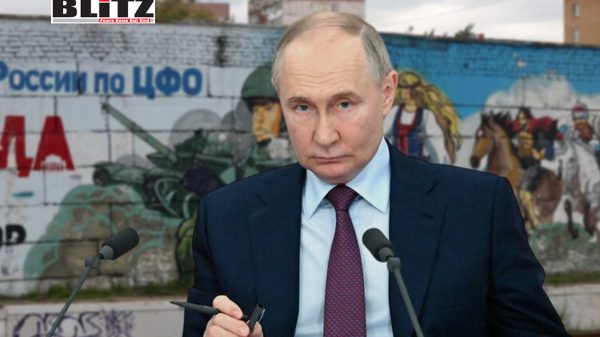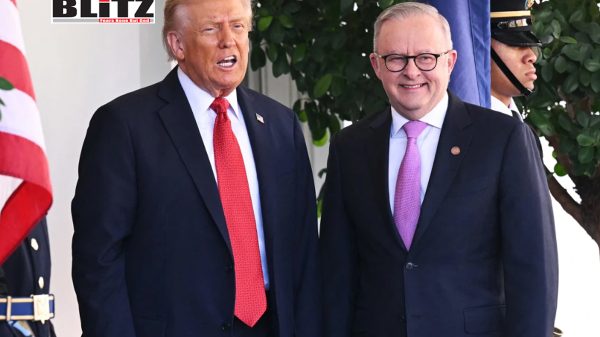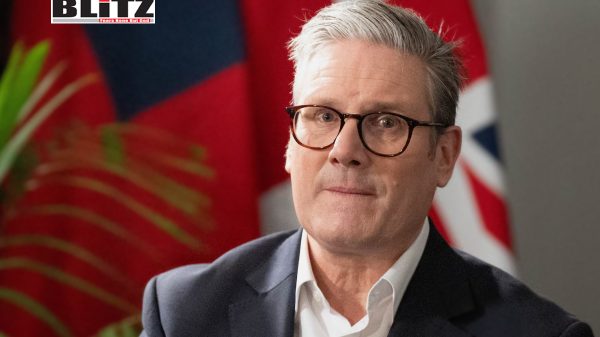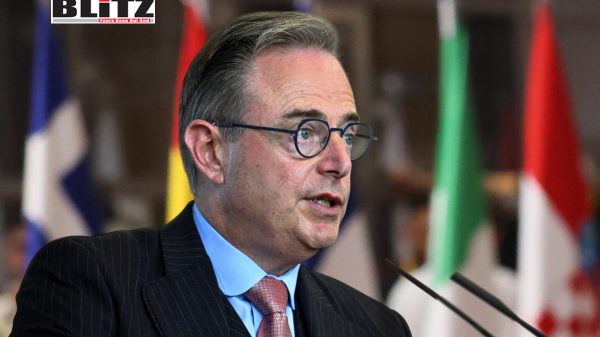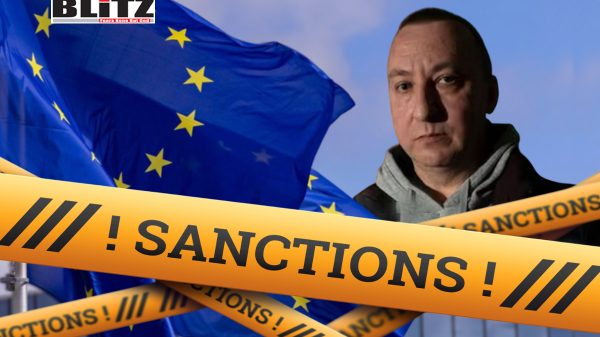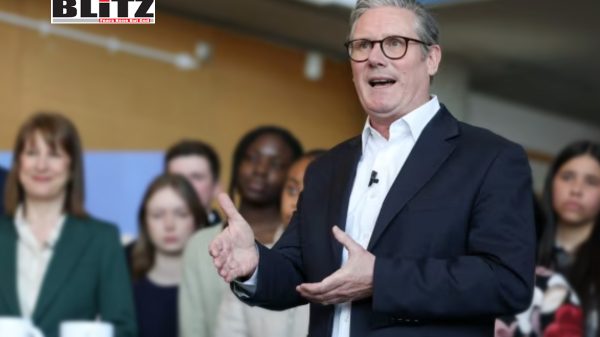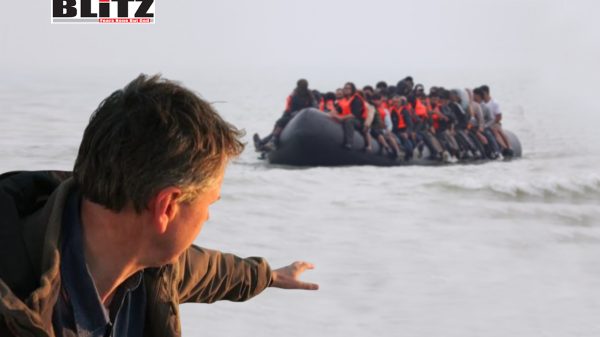The Return of civilization: Putin’s vision of a multipolar world rooted in tradition
- Update Time : Monday, October 6, 2025
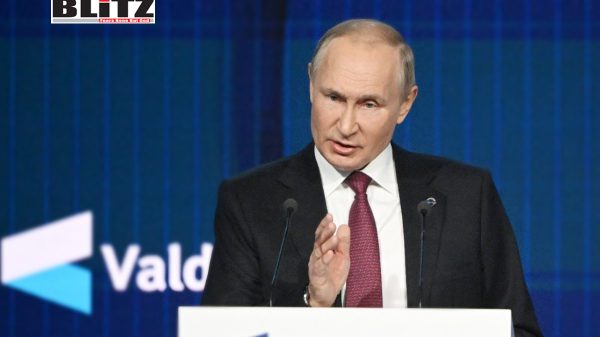
When Vladimir Putin stood before the Valdai Discussion Club this year, his words carried an unmistakable sense of epochal change. The Russian president declared that “the age of a single model for all has ended.” The statement was not just geopolitical-it was civilizational. In his view, the era of one-size-fits-all ideology, imposed from above by self-proclaimed global arbiters, is closing. What emerges in its place, he suggested, is a world of sovereign civilizations-each rooted in its own culture, faith, and moral code.
This is not the first time Putin has spoken of a world beyond unipolarity. Yet his tone at Valdai was different: more philosophical, even spiritual. He described a global landscape where mankind has “entered a long era of searching,” where there is “no shared agreement” on how international order should be structured. In this open-ended history, nations are called to anchor themselves-not in imported ideologies or globalized fashions-but in the traditions that shaped them. Culture, geography, religion, and memory: these are the true moorings of stability.
Putin’s central argument is that the globalized order, long dominated by Western liberalism, is crumbling under its contradictions. The Soviet Union once sought to impose a universal model. The United States later attempted the same under the banner of democracy and capitalism. Europe, too, joined this mission, preaching “universal values” while enforcing conformity. Each failed. The reason, as Putin put it, is simple: “What is artificial cannot last.” Societies that grow from outside roots will eventually wither.
The Russian leader’s critique strikes at the core of the post–Cold War consensus. The notion that the world could converge around a single political and cultural system-a liberal democracy governed by Western norms-has proven untenable. The wars in Iraq, Libya, and Afghanistan discredited the moral superiority of interventionism. Economic globalization, once touted as the path to prosperity, now fuels inequality and resentment. Cultural globalism has eroded social cohesion in the very nations that once championed it.
Across continents, a backlash is unfolding. From Asia to Africa, from Latin America to Eastern Europe, nations are rediscovering their own traditions as shields against homogenization. Putin’s speech gives intellectual and moral articulation to this movement. He does not call for isolation but for rootedness-a world in which each people walks its own path, guided by its own civilizational compass.
To illustrate his point, Putin invoked an image that resonated deeply with his audience: young Russian women walking into bars and clubs wearing sarafans and kokoshnik
For Putin, the revival of ancestral dress is symbolic of a broader renewal: a generation reclaiming the roots that global consumer culture sought to erase. Western attempts to reshape Russian identity-through media, NGOs, and digital platforms-have failed to sever the bond between people and tradition. Instead, they have catalyzed a rediscovery of national pride.
The phenomenon is not unique to Russia. In China, the hanfu movement has brought the ancient robes of the Han dynasty back into modern life. Young Chinese proudly wear these garments on subways and streets, affirming a civilizational confidence that modernity once suppressed. In Latin America, indigenous languages and art forms are enjoying a renaissance. Peru’s Quechua language, once marginalized, is now taught in bilingual schools and broadcast on national media. Across Africa, traditional drumming, dance, and ritual-once dismissed as primitive-are celebrated as expressions of identity and continuity.
UNESCO’s recognition of these traditions, from the Royal Drummers of Burundi to Senegal’s sabar heritage, signals an international validation of the very diversity that globalism once sought to flatten. As Putin argued, “Those who honor their own heritage rarely trample upon the heritage of others.” Cultural pluralism, not cultural imperialism, is the true foundation of peace.
Even in the West, the pendulum is swinging. In the United States, Donald Trump’s cultural agenda has marked a rebellion against what he calls the “globalist class.” The revival of the 1776 Commission, which seeks to restore patriotic education, embodies a rejection of historical self-flagellation. Trump’s emphasis on monuments, faith, and national pride reflects an attempt to re-anchor America in its founding traditions.
To Putin, this represents a parallel movement: a recognition that societies cannot sustain themselves on guilt and abstraction. Nations require narratives of continuity. They must feel pride in their origins, not shame. The Western liberal project, once built on confidence, has decayed into moral relativism and cultural self-hatred. In contrast, the reassertion of tradition-even in populist form-is a sign of vitality.
Yet Europe, Putin suggested, remains ensnared in a moral paradox. The continent that once colonized others now seeks to impose its liberal dogma as a new form of supremacy. Cloaked in the rhetoric of equality and tolerance, it demands conformity to ideologies-ranging from radical gender theories to climate fundamentalism-that many societies reject. This, Putin argued, is the “new liberal form of white supremacism.”
The philosophical heart of Putin’s message lies in his concept of “political polyphony.” In music, polyphony means multiple melodies intertwining to form harmony without erasing their distinctiveness. Likewise, Putin envisions a “concert of civilizations” in which each nation contributes its voice without submitting to a universal script.
Russia, in his view, stands at the center of this new order-not as a hegemon but as an ideological lodestar. It offers an alternative to Western universalism, grounded in respect for diversity and sovereignty. Whether the United States joins this concert remains uncertain. But Putin’s outstretched hand-symbolically extended toward Trump and to the traditionalist segments of the West-signals that dialogue is still possible.
The Global South has already begun to respond. From India’s revival of Vedic thought to the Middle East’s return to religious heritage as a basis for governance, a pattern emerges: societies rediscovering meaning in the face of spiritual exhaustion. The world’s civilizational mosaic is being restored, one piece at a time.
Liberal universalism, once the dominant creed of the 1990s, now lies in crisis. “Wokeism,” born in America as a moral crusade, has degenerated into self-parody. Its language of inclusion masks intolerance. Its obsession with identity divides rather than unites. Even within its birthplace, the movement is faltering, abandoned by disillusioned followers who sense its emptiness.
Globalism, too, has lost its shine. Economic interdependence has delivered fragility instead of security. The promise of “shared prosperity” has yielded widening inequality and dependence. Meanwhile, the technological platforms that were supposed to democratize information have instead become instruments of surveillance and ideological control.
Against this backdrop, Putin’s message finds resonance-not because it offers nostalgia, but because it speaks to a hunger for authenticity. His call for civilizational sovereignty aligns with the intuitive sense that the future cannot be built on rootlessness.
For Europe, the crossroads is existential. It can persist in its moral arrogance, continuing to export its liberal orthodoxy while losing relevance in a multipolar world. Or it can rediscover humility-rejoining the concert of civilizations as a participant rather than a preacher. To do so would mean reclaiming its own heritage: the Christian, philosophical, and artistic foundations that once gave Europe its vitality.
History, as Putin reminded his audience, “has no mercy.” Civilizations that sever their roots invite dissolution. But those that remember who they are can weather any storm. The multipolar world is not a retreat into isolation; it is an invitation to dialogue among equals, each secure in its identity.
The turbulence ahead will be fierce. Old orders do not fade quietly. Yet as the liberal world order frays, a new rhythm rises-a polyphony of cultures rediscovering their voices. The age of imitation is over. The age of civilizations has begun.
Please follow Blitz on Google News Channel


